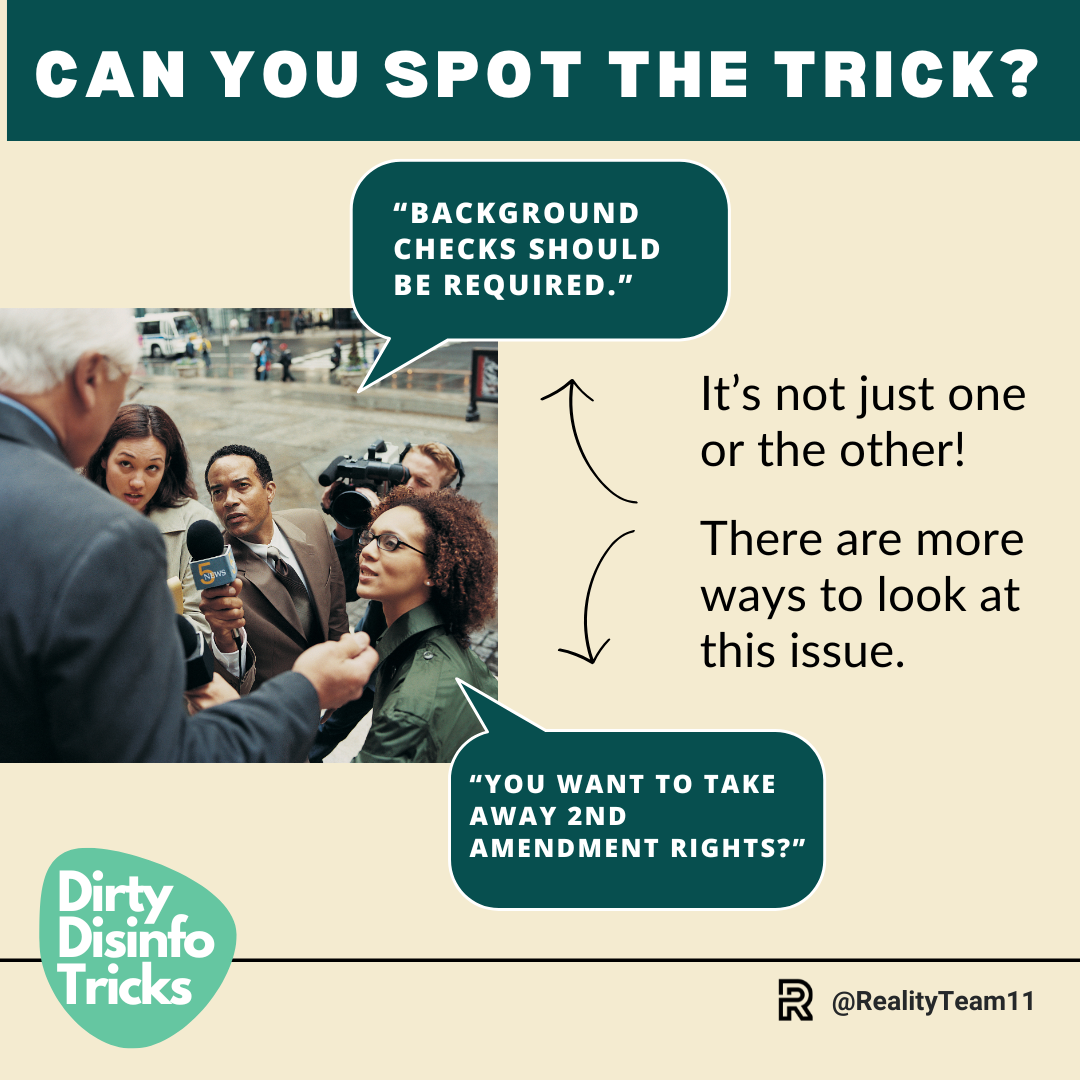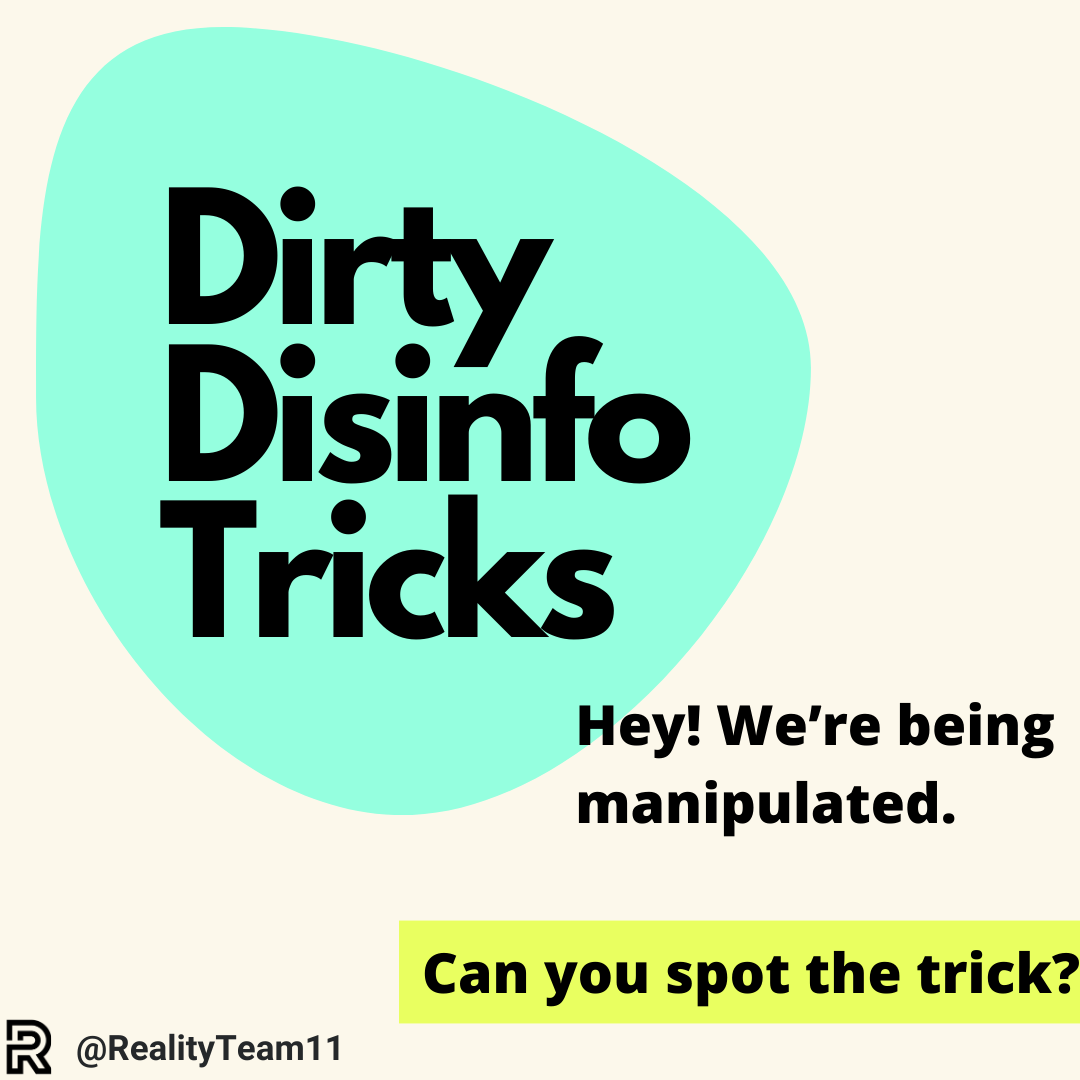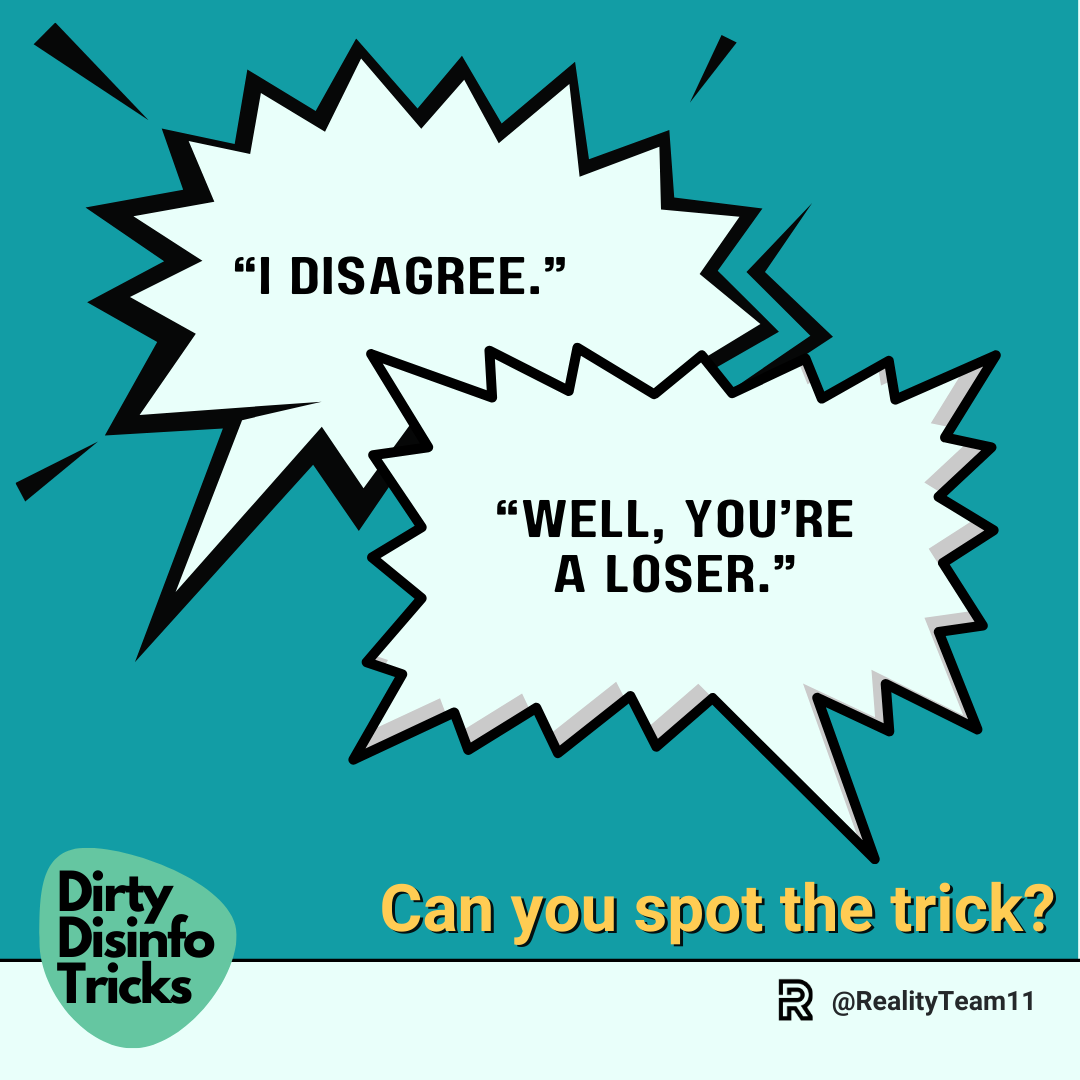Lying With Science
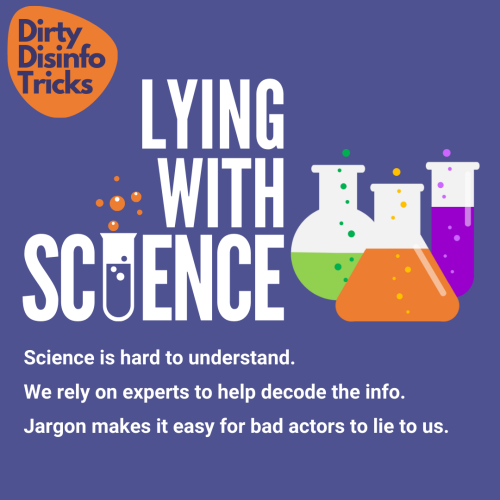
- Reality Team
- October 26, 2023
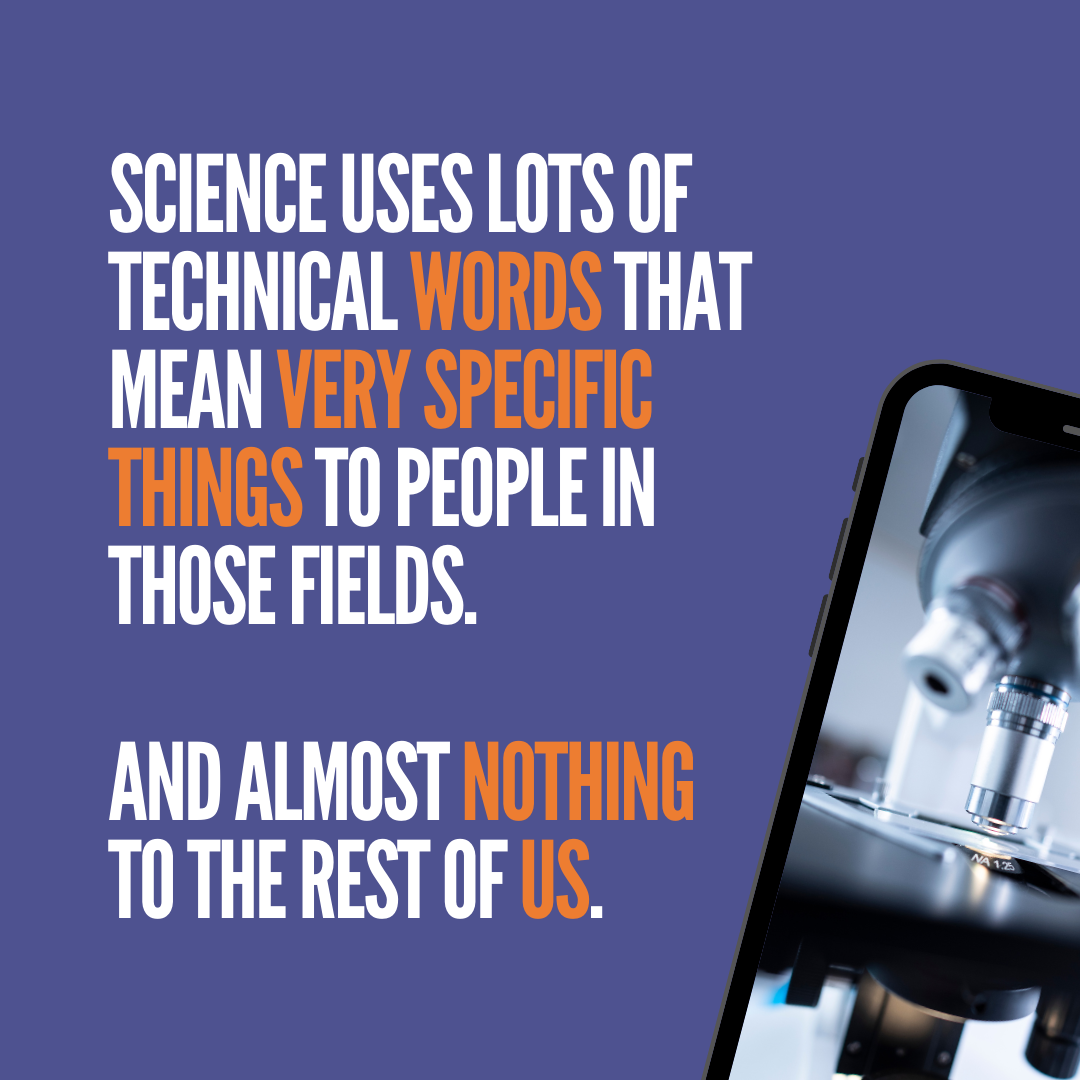
Jargon makes it easy for bad actors to lie to us about science.
Scientific jargon and acronyms are a major reason that so many can’t understand what scientists say. It’s not our fault. Science is super specialized and complex. People who are in specialized fields get the lingo, but the rest of us can get lost when there’s too much tech talk. Bad guys take advantage of this super technical language to lend credibility to their bologna.
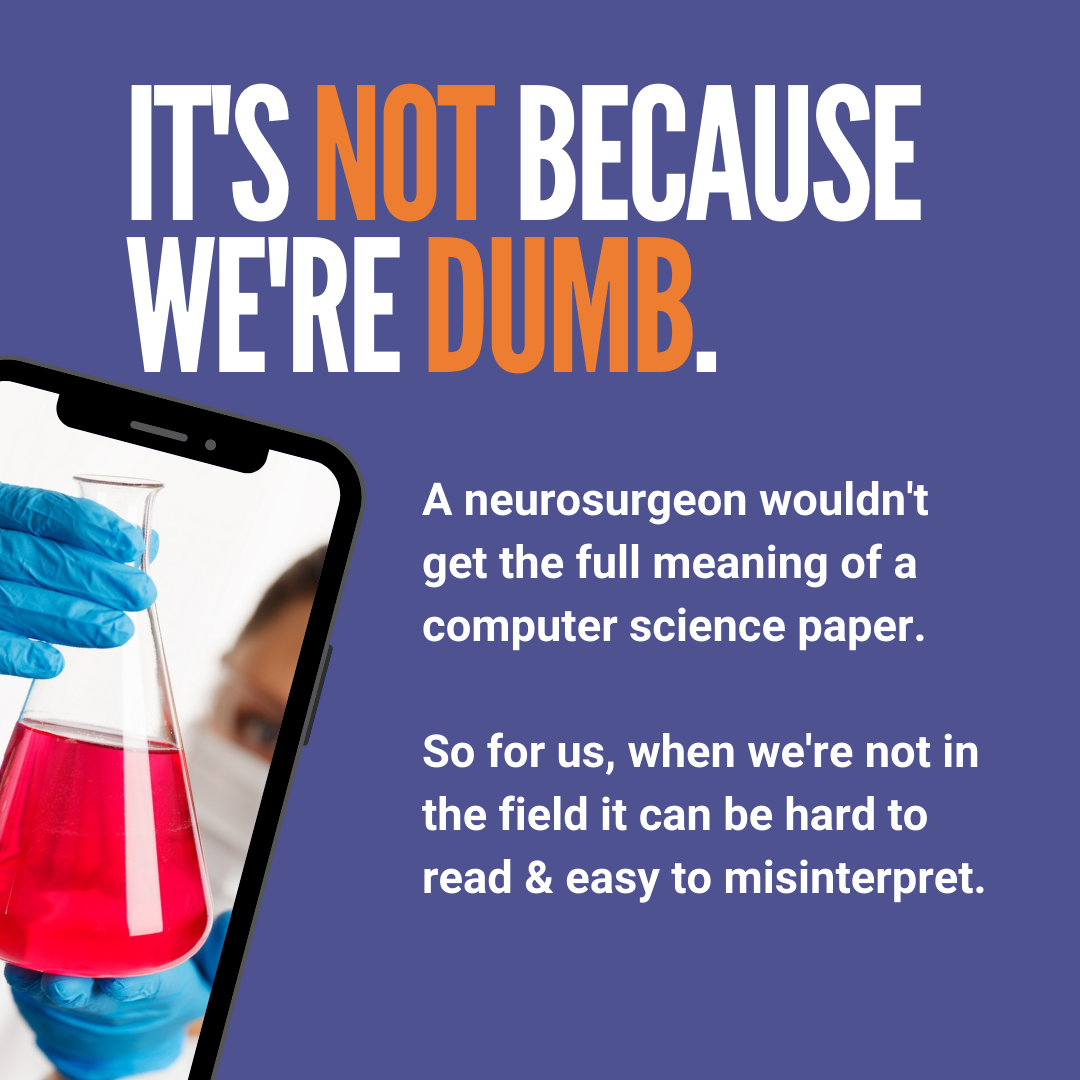
And it’s not about intelligence or education. Scientific papers are filled with a kind of foreign language that really only makes sense to those who speak it. We need people who can understand it to interpret it in a way that makes sense to the rest of us.
For instance, how about the technical names for common ingredients? Instead of salt, they call it sodium chloride. Instead of water, it’s dihydrogen monoxide or H2O. Tech talk gets complicated quickly, that’s why it’s so important to have people we can trust to tell us the truth.
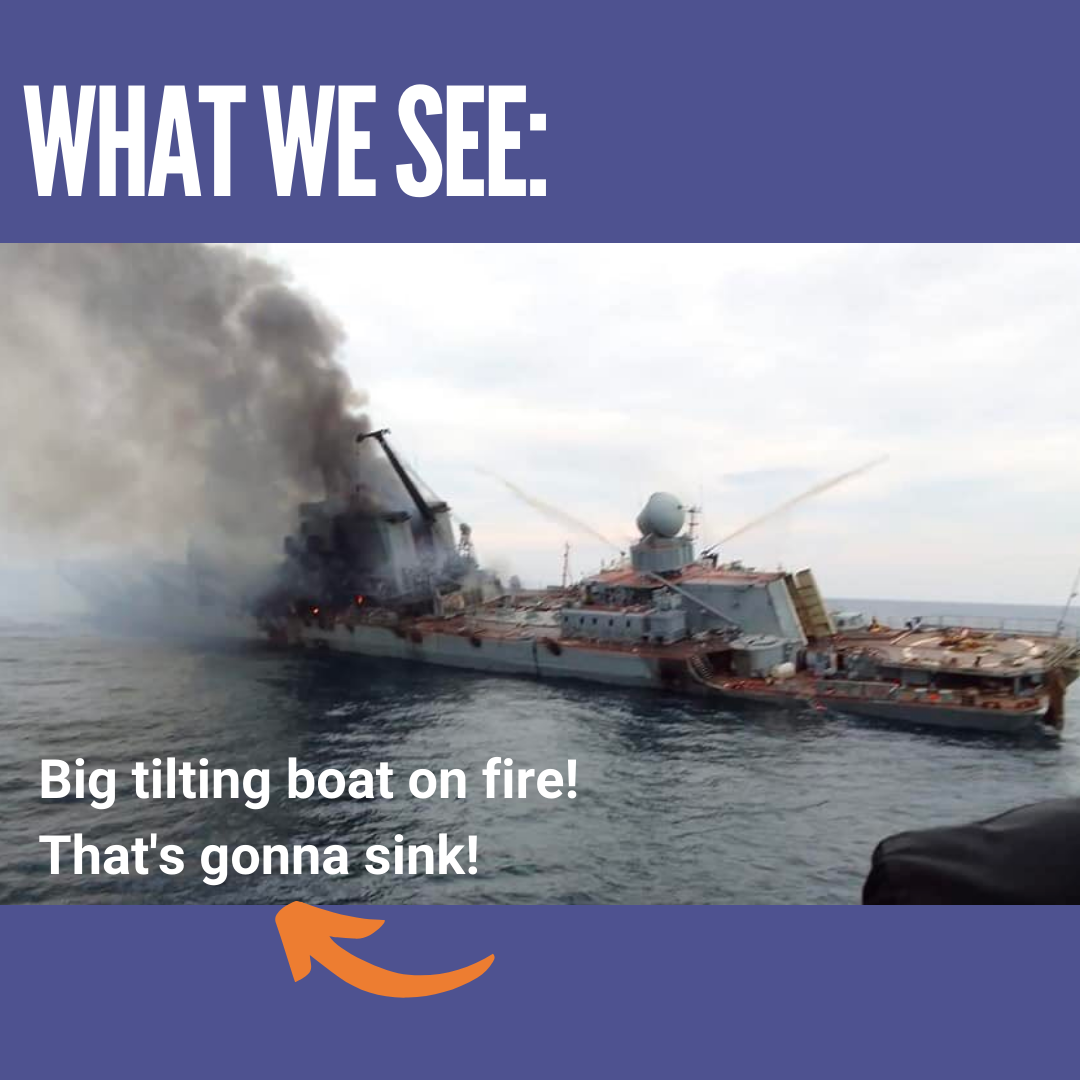
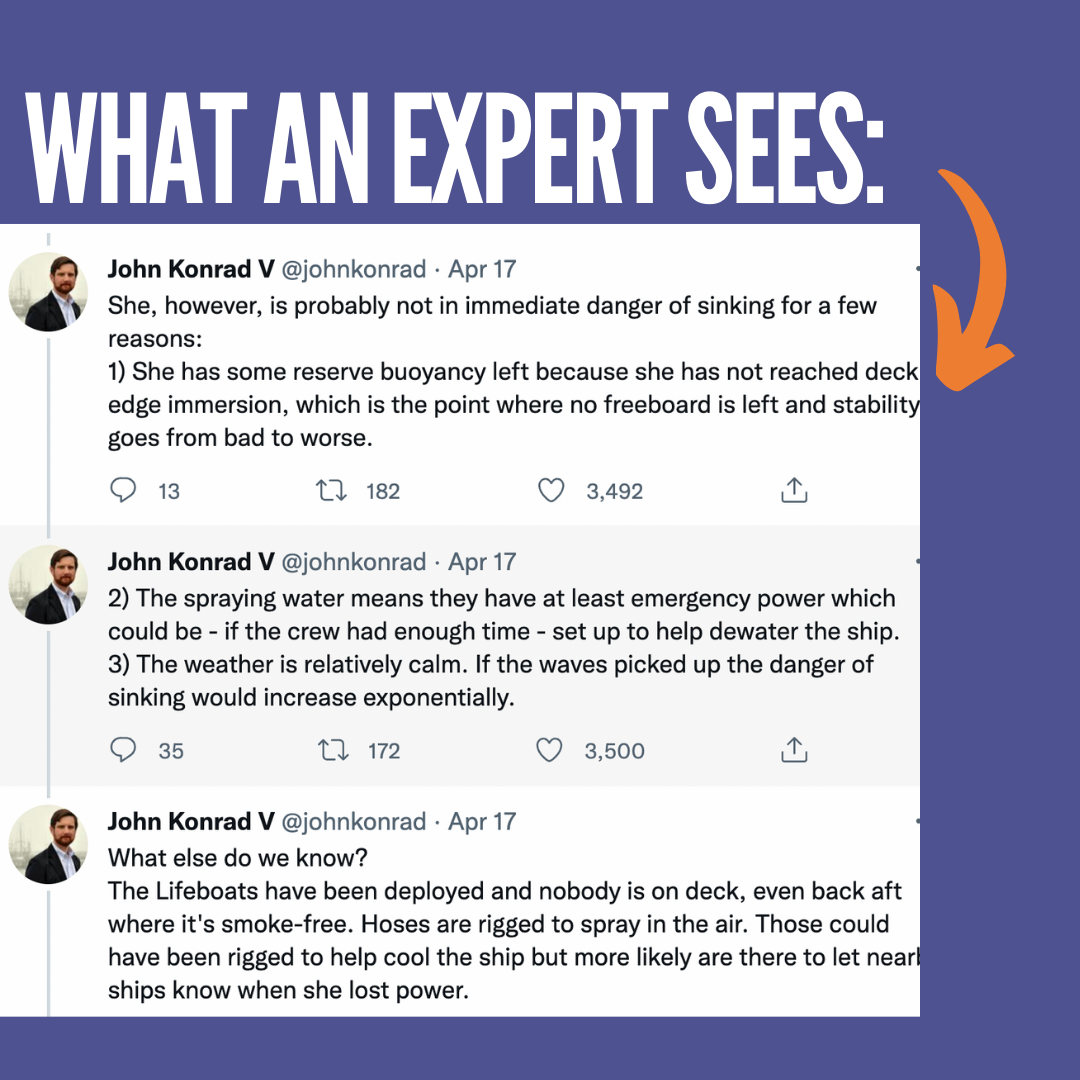
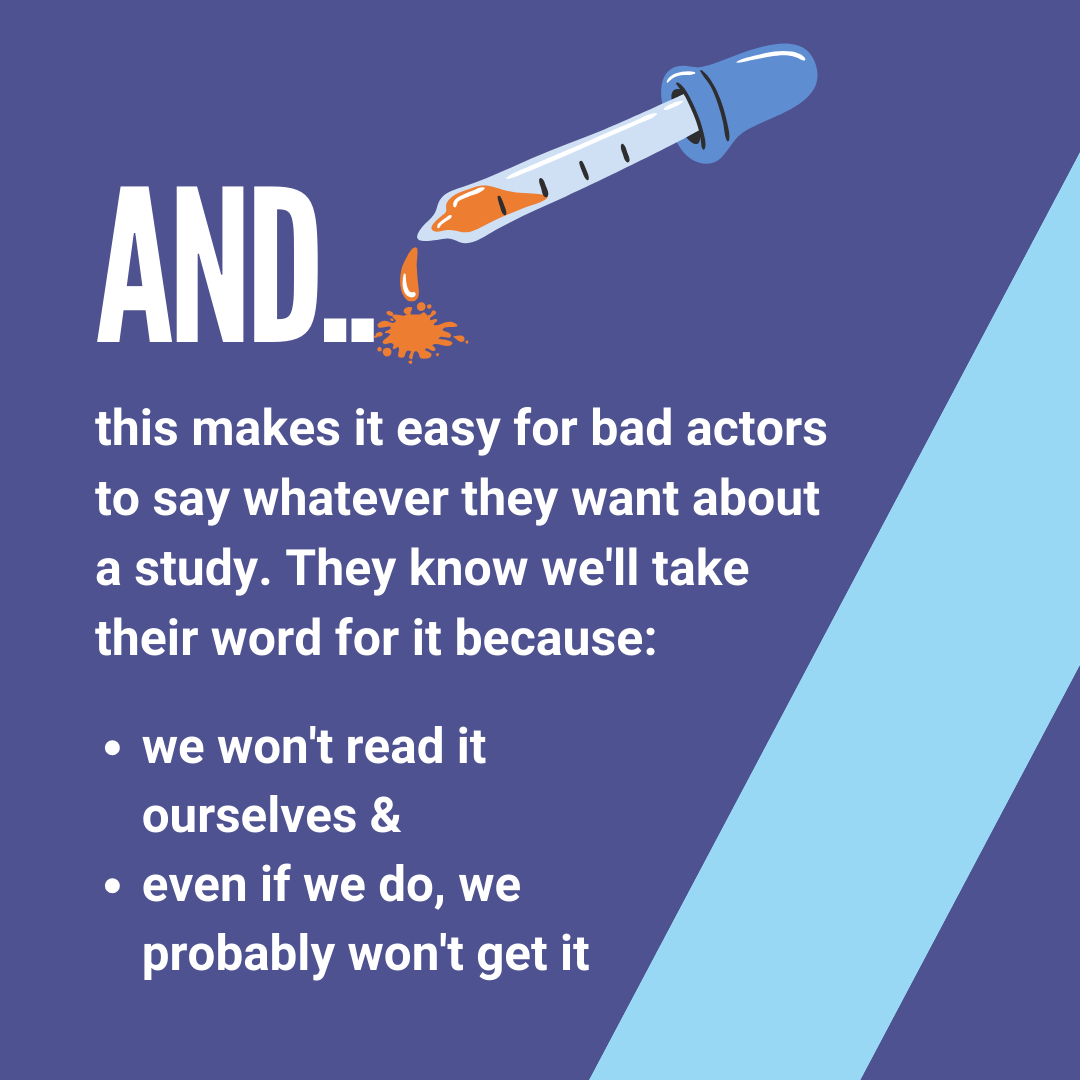
Bad actors can say anything they want, and we can’t tell if they’re lying or not.
But what if the people doing the interpreting aren’t trustworthy? What if they don’t fully get it themselves? Or worse, what if they decide to lie about what they found?
For example, one COVID-19 study about vaccines was misinterpreted and manipulated by Natural News. They’re a website who is known to push conspiracy theories and disinformation on a regular basis. But they’re super popular, which means a lot of people read a seriously incorrect interpretation of the original study’s results.
In another instance, a medical doctor and infectious-disease researcher who worked with vaccines has become the poster boy for COVID-19 anti-vax arguments. He exploits his credentials then posts misleading information. Twitter and YouTube eventually banned him. He appears on podcasts and shows known to push conspiracy theories and misinformation. Those show’s hosts, like Joe Rogan, Seb Gorka, and Laura Ingraham, then say “SEE? They’re lying to us! This guy is an expert!”
The bad guys want to make us uncomfortable about science. They want us to question what’s real so we’ll buy into their nonsense. Shocking revelations get a shocking number of eyeballs on their content. And eyeballs = $$. They want us to share their stories. They want to go viral, and they don’t care what they have to say to get there.
And despite the real experts screaming that they’re being misinterpreted, the damage has been done for a lot of people. You can’t put the toothpaste back in the tube.
What can we do?
We’ve all been taken in by this. We’re skeptical by nature…and really should be. We want to be certain that a vaccine isn’t going to harm our kids or cause us to go prematurely bald. Questioning things is smart. And so is debate. Because science is sometimes wrong. And it is always evolving.
But the people who are going to figure that out are other scientists in that field, not cousin Joe, the jackass from Jersey. Scientists love to prove each other wrong. That’s how they make a name for themselves. So before we trust just anyone who claims to know “the truth,” let’s stop and think. If 999 scientists are saying one thing, but some rando on Reddit says another thing, it’s probably likely that the 999 others are right. Fake Experts love to try to convince us that their lies are true.
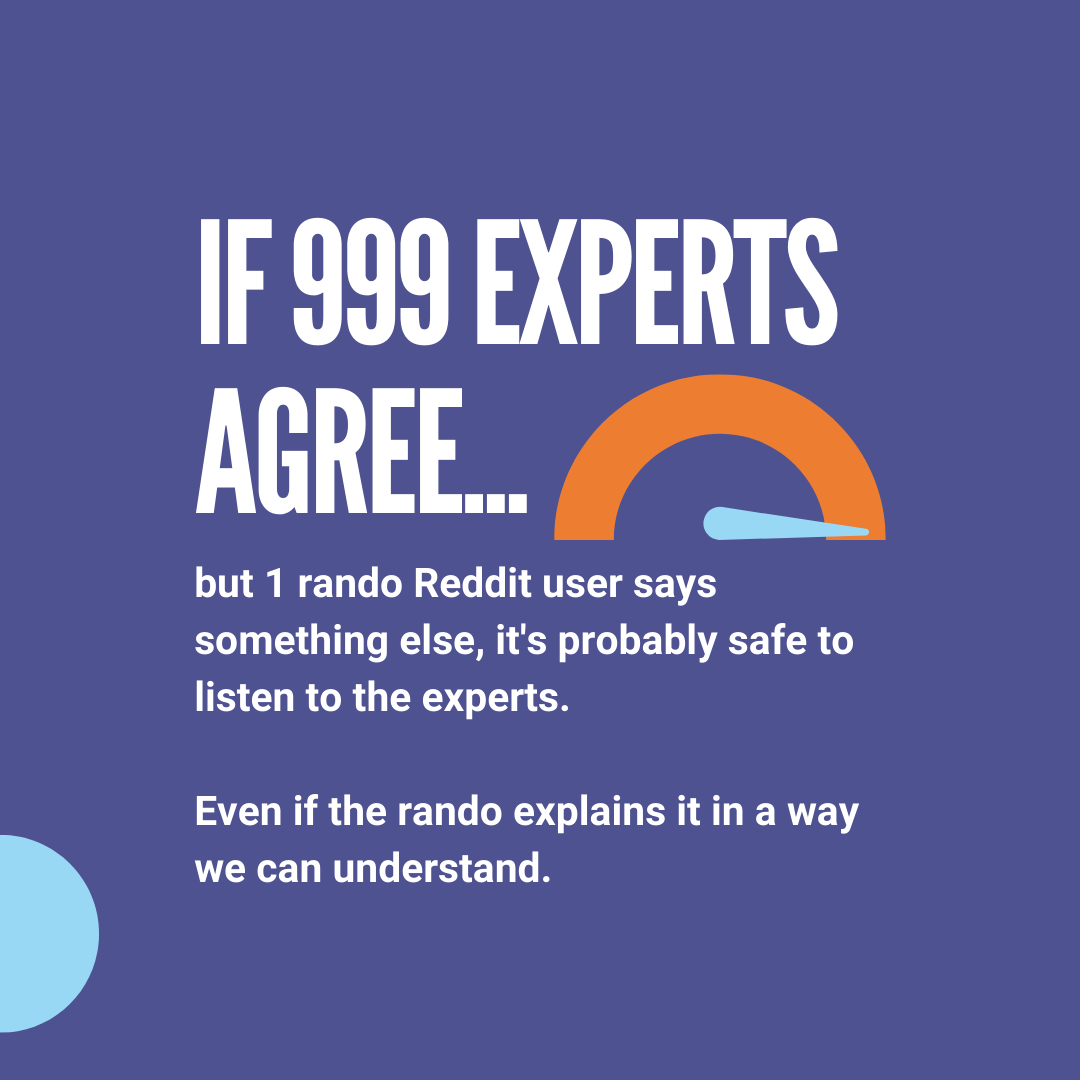
If it’s a topic that’s hard to understand, let’s figure out who the person is that’s telling us the facts. Do they have an agenda – like a paid rep for the tobacco industry telling us how safe cigarettes are? Or, in the case of Natural News, a large anti-vax audience who are wary of the COVID-19 vax? And check out sites like PubPeer. They encourage discussions between experts on published work.
The problem is real, and it’s big. We can’t all be experts in every single thing. I mean, would you want your dentist to be responsible for fixing a safety issue on your family vehicle, or your mechanic performing a root canal? Nope. We rely on people we trust to be the experts and decode the jargon.
Health Feedback: Natural News, others jump to conclusions unsupported by the study they cite to claim COVID-19 vaccines destroy the immune system and cause cancer
Tide: Tide Detergent Ingredients A-Z
HALLS: HALLS Honey Lemon Flavor Cough Drops
MDPI: SARS–CoV–2 Spike Impairs DNA Damage Repair and Inhibits V(D)J Recombination In Vitro
ScienceDaily: The use of jargon kills people's interest in science, politics
The Atlantic: The Vaccine Scientist Spreading Vaccine Misinformation
PolitiFact: Who is Robert Malone? Joe Rogan’s guest was a vaccine scientist, became an anti-vaccine darling
PubPeer: About PubPeer
Retraction Watch: Journal issues 55 expressions of concern at once

